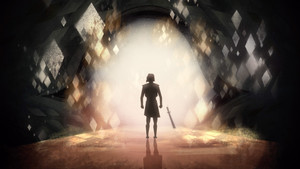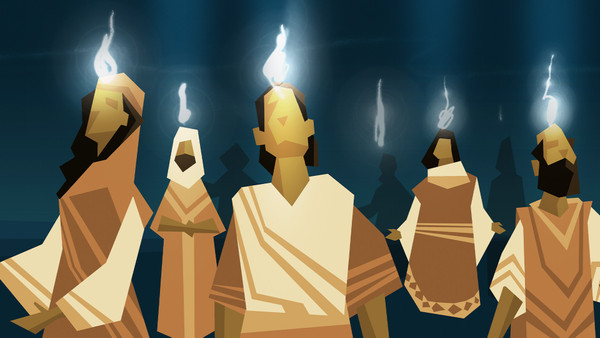

Holy Spirit
In this video, we explore the original meaning of the biblical concept of spirit (ruakh) and what it means that God’s Spirit is personally present in all of creation. Ultimately, the Spirit was revealed through Jesus and sent out into the lives of his followers to bring about the new creation.
Reflect
Describe how the Spirit is first introduced in the Hebrew Bible by reading Genesis 1:1-3. What does God’s ruakh (spirit, breath, wind) do in this passage?
God’s Spirit empowers others for specific tasks. Read Genesis 41:16-39, Exodus 35:29-35, and Isaiah 61:1-4. What tasks did God empower through his Spirit, and what do these tasks have in common?
Read the account of Jesus’ baptism in Matthew 3:16-17. Compare the presence of the Spirit (above the baptism waters) in this scene with the presence of the Spirit (above the chaotic waters) in Genesis 1:1-3. How does this comparison help us see that Jesus is the beginning of a new creation?
Read John 20:11-23, Acts 1:1-8, and Acts 2:32-39. What did Jesus give the disciples after his resurrection? How did the disciples receive Jesus’ gift, and what did his gift specifically empower them to do?
Take time to discuss other themes or key takeaways from what you read together.
View Guide
Downloads
Biblical Themes

The Wilderness

Redemption
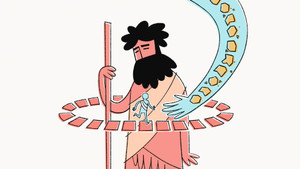
The Exodus Way

The Mountain
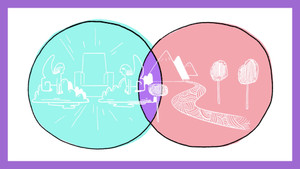
Heaven & Earth
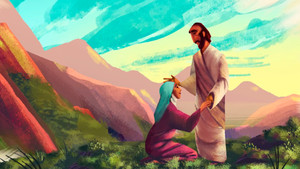
The Messiah

The Covenants
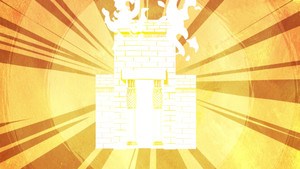
Holiness
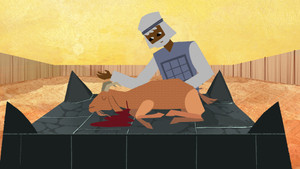
Sacrifice and Atonement
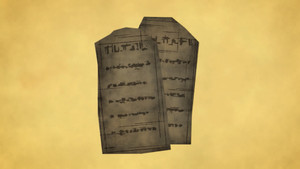
The Law
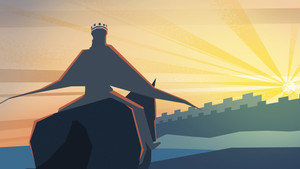
Gospel of the Kingdom

Image of God
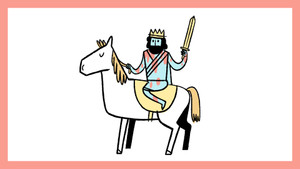
Day of the Lord

Holy Spirit
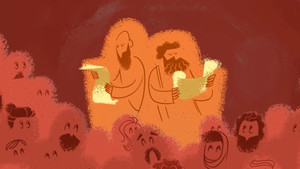
Public Reading of Scripture
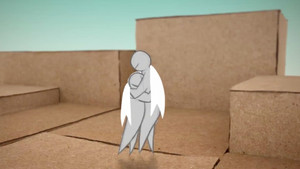
Justice
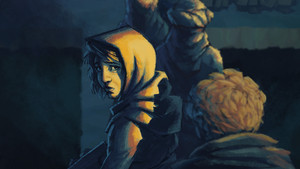
Exile
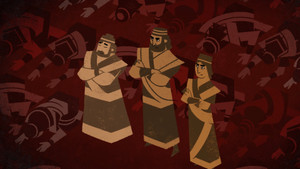
The Way of the Exile
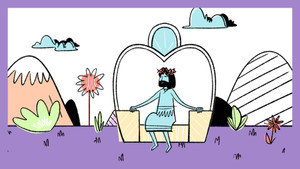
Son of Man
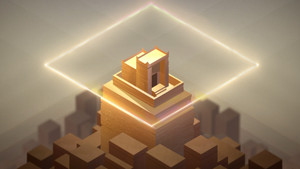
Temple

Generosity

Sabbath
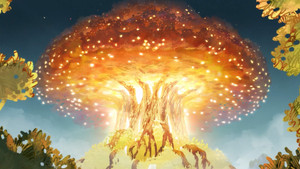
Tree of Life
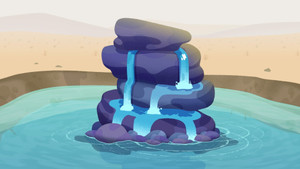
Water of Life
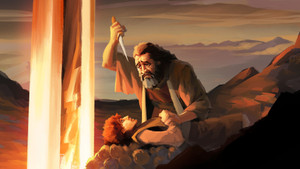
The Test
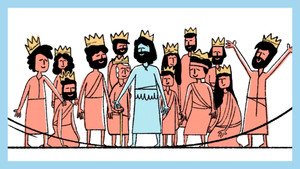
Eternal Life
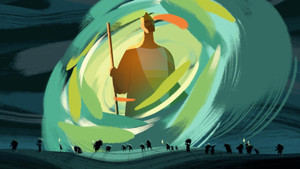
Blessing and Curse
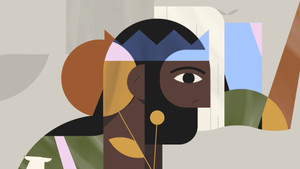
The Last Will Be First
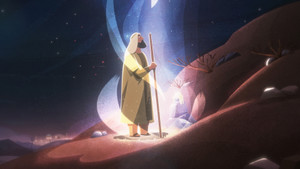
Anointing
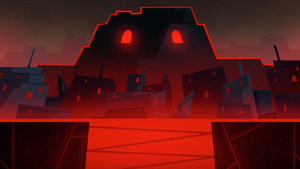
The City
